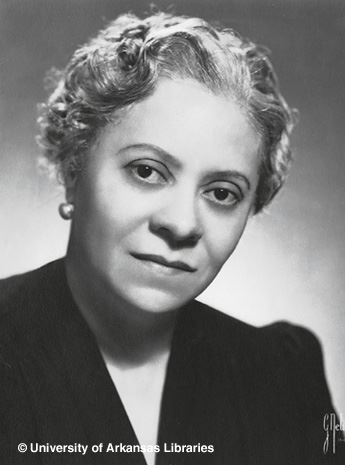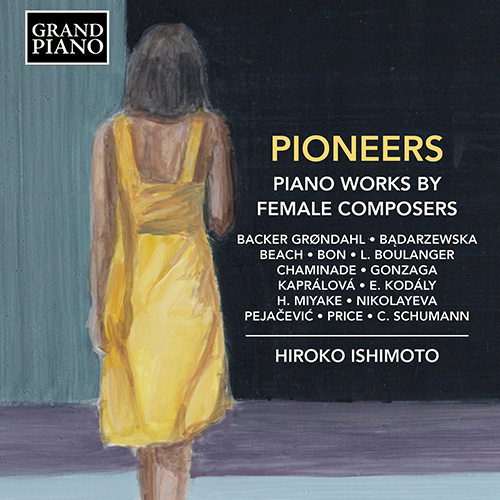
Florence Beatrice Price (1887 - 1953)
The broad arc of Florence Price’s life in many ways resembled those of the millions of African Americans who moved away from the southern United States in search of new professional opportunities and greater personal autonomy during the Jim Crow era. Born into a middleclass family in Little Rock, Arkansas in 1887, Price received a sound musical education from her mother after the city’s pre-eminent white instructors refused to teach her. Since opportunities for more advanced musical training were largely unavailable for women of color in the South, her mother enrolled her at the New England Conservatory after she completed high school in 1903. There she pursued courses of study in organ and piano pedagogy while receiving tutelage in all musical disciplines from conservatory faculty, including director George Whitefield Chadwick.
After graduating from the conservatory in 1906, Price began her professional career as an instructor at segregated academies in Arkansas and Georgia. She married an attorney, Thomas Jewell Price, six years later, and the two remained in Little Rock until a brutal lynching and financial difficulties prompted the family to relocate to Chicago in 1927. During this 15-year period, she managed a large private piano studio, composed an extensive collection of pedagogical music for children, and began raising her two daughters, Florence and Edith. Price’s career as a composer erupted after she moved to Chicago, where she had developed contacts while taking summer courses at the Chicago Musical College. With the added support of leading figures within the Chicago Black Renaissance, especially Estelle Bonds, whose home served as a central gathering place for artists, Price’s works won several contests designed to support black composers. These victories propelled her into the national spotlight and garnered attention from musical luminaries like contralto Marian Anderson, with whom she collaborated extensively, and Chicago Symphony Orchestra director Frederick Stock. Over the course of her later career, Price wrote in a variety of genres for the classical and popular marketplaces and participated actively in local chapters of the National Association for Negro Musicians (NANM) and the National Federation of Music Clubs.



 Grand Piano has gained a reputation for producing high quality recordings of rare keyboard gems. Dedicated to the exploration of undiscovered piano repertoire, the label specialises in complete cycles of piano works by many lesser-known composers, whose output might otherwise have remained unknown and unrecorded.
Grand Piano has gained a reputation for producing high quality recordings of rare keyboard gems. Dedicated to the exploration of undiscovered piano repertoire, the label specialises in complete cycles of piano works by many lesser-known composers, whose output might otherwise have remained unknown and unrecorded.






